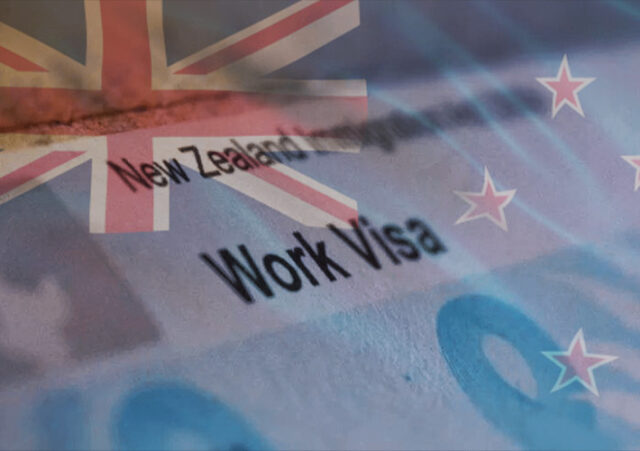The New Zealand government has announced that it is making immediate changes to its employment visa programme after a near record migration last year which it said was “unsustainable”.
The changes included introducing English language as a minimum skill for employer work visas. The stay for most low-skilled roles will also be reduced to three years from five years presently.
“The government is focused on attracting and retaining the highly skilled migrants such as secondary teachers, where there is a skill shortage,” Immigration Minister Erica Stanford said in a statement.
“At the same time we need to ensure that New Zealanders are put to the front of the line for jobs where there are no skills shortages,” she added.
The government recently said that a record 173,000 people migrated to New Zealand. The country with a population of about 5.1 million, has seen a rapid growth in its migrant numbers since the end of the pandemic, which many say are unsustainable.
Between the start of July and the end of October, the country approved 3,102 visas, just 48% of the 6,462 approved in the same period last year.
Over the past five months, the Kiwis have issued half as many new study visas to Indian students. The government has also shelved plans to add 11 roles, such as welders and fitters and turners, to the Green List.
The methods are changes in a broader agenda to refine the immigration system, aiming for net migration management, talent attraction, sustainable funding, and improved risk management.
There have been concerns expressed by policymakers that the increase in new arrivals is causing rents and house prices to rise, which is contributing to inflation pressures that government is finding it tough to tackle.
Yesterday, New Zealand’s Employers and Manufacturers Association raised worries about the potential unintended effects of the new visa rules.





